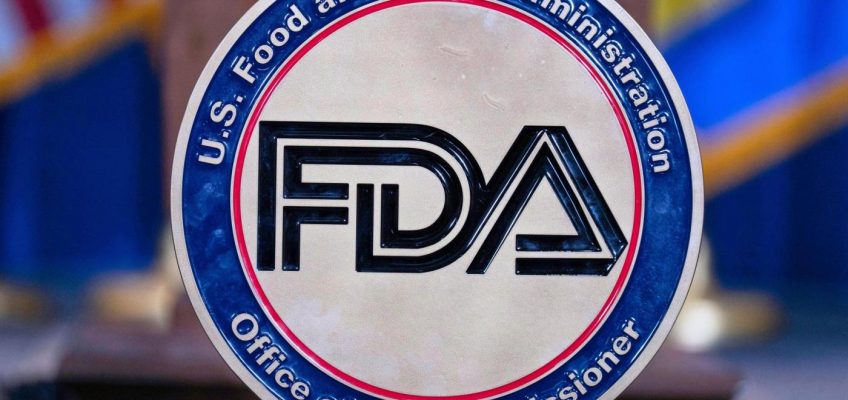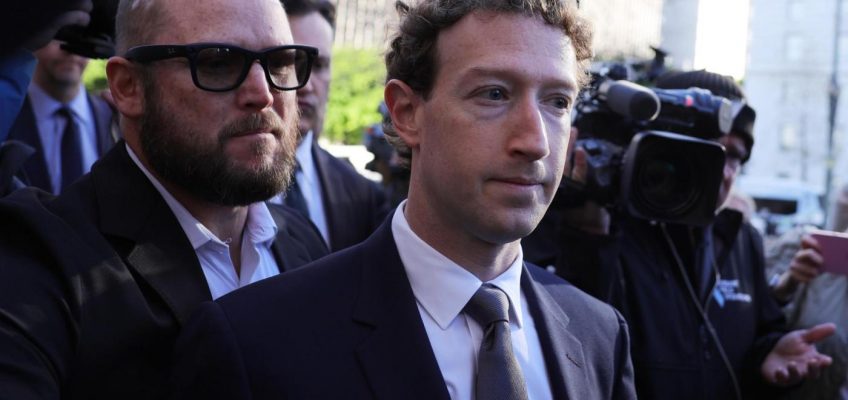By MATTHEW PERRONE, Associated Press
WASHINGTON (AP) — The head of the Food and Drug Administration plans to start offering bonus payments to agency drug reviewers who complete their work ahead of schedule, the latest in a flurry of changes to longstanding norms and procedures.
FDA Commissioner Marty Makary described the effort as a pilot program during a staff presentation Thursday, saying the first quarterly bonus payments would start going out to employees around August. The Associated Press obtained slides and a recording of the presentation.
“My job as your commissioner is to be your advocate and to fight for you,” Makary told FDA staffers, adding that getting approval for the payments took “some wrangling.”
“If you don’t like it, we can get rid of it, but usually everybody loves money,” Makary said.
Related Articles
Judge rejects request to block Trump White House from building its $400 million ballroom project
Offshore wind triumphs over Trump in court, but future projects face delays
What to know about Defense Protection Act and the Pentagon’s Anthropic ultimatum
Family of UN human rights investigator sues Trump administration over sanctions for Israel criticism
Pakistani man is on trial over Trump assassination plot with ties to Iran, US prosecutors say
The plan raises a number of questions, including exactly how the payments will be distributed across large teams of staffers who typically contribute to drug reviews. Employees who are not directly involved in drug reviews — such as factory inspectors — are not eligible for the payments. The pilot also presents potential ethical dilemmas if FDA reviewers are seen as being rewarded for rushing steps needed to confirm drug safety and effectiveness.
Since the 1990s, the FDA has collected fees from drug companies to help pay for extra staffers to quickly review new prescription drugs and vaccines. Under the agreement with the industry, the FDA has timelines and metrics for completing each review. But the agency has never paid workers directly for meeting or exceeding those goals.
The bonus program is intended “to recognize and reward staff who find ways to be more efficient delivering high-quality work activities that ultimately benefit patients,” according to slides presented to FDA staff.
Senior FDA officials on the call said payments would be based on “weighted time savings” achieved by employees and their teams, as well as ratings-based “work quality and work complexity.”
“This program values speed, but never at the expense of quality,” states one of the slides.
The announcement comes as the agency loses drug review staff to retirements and resignations following broader layoffs and buyouts across many other parts of the agency. Agency records show the FDA’s drug and biologics centers — which oversee prescription drugs, vaccines and biotech drugs — have lost about 20% of their employees since President Donald Trump took office a year ago.
Additionally, some agency reviewers cannot work on certain projects because they are actively interviewing for jobs in the pharmaceutical industry.
The program could also negatively impact the public perception of the FDA, which has often been viewed as too closely aligned with the drug companies it regulates.
Health Secretary Robert F. Kennedy Jr., who oversees the agency, has described FDA staffers as “a sock puppet” of industry since becoming the nation’s top health official last February.
About 70% of the FDA’s drug program is financed by user-fee payments from drug companies submitting their products for review. The arrangement has allowed the agency to hire thousands of additional scientists and cut review times by more than half of what they were prior to receiving the funding.
Since arriving at the agency last April, Makary has announced a series of measures that he says will shorten FDA reviews, including offering one-month drug assessments for new medications that serve “national interests.” In the last two weeks alone, Makary said the FDA would drop its longtime standard of requiring two clinical trials for drug reviews and open a new pathway for therapies that can only be tested in a handful of patients.
The announcements promoting faster, streamlined approvals come as the agency faces criticism over its recent handling of vaccines, gene therapies and other specialty treatments.
The FDA’s chief scientist and vaccine director, Dr. Vinay Prasad, has personally overruled staff in rejecting a string of experimental therapies and biotech drugs, citing the need for additional studies and more definitive evidence.
Earlier this month, Prasad refused to accept Moderna’s application for a new mRNA flu shot, saying its clinical trial was insufficient. Then, less than a week later, the agency reversed course, saying it would review the vaccine after Moderna agreed to conduct an additional study in older people.
The Associated Press Health and Science Department receives support from the Howard Hughes Medical Institute’s Department of Science Education and the Robert Wood Johnson Foundation. The AP is solely responsible for all content.




